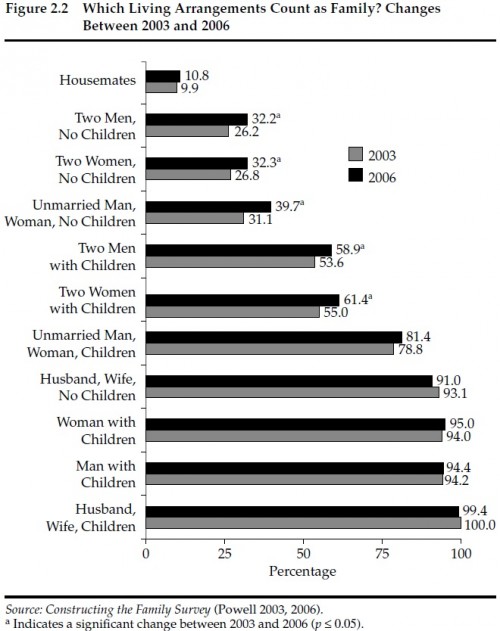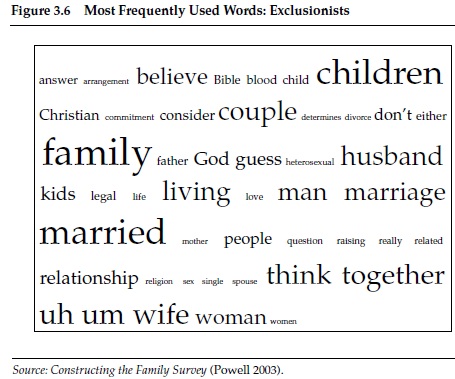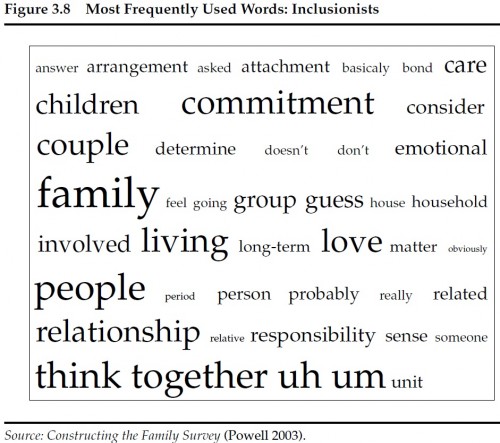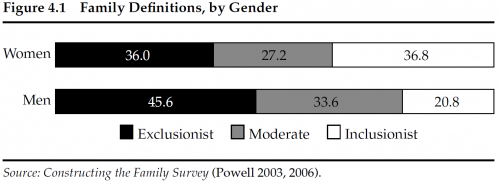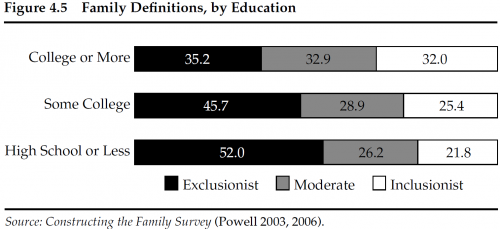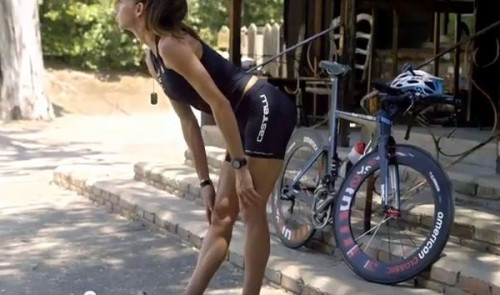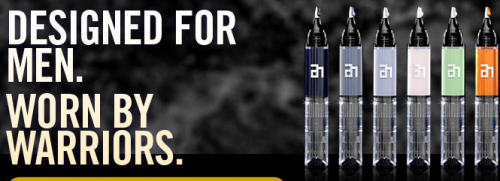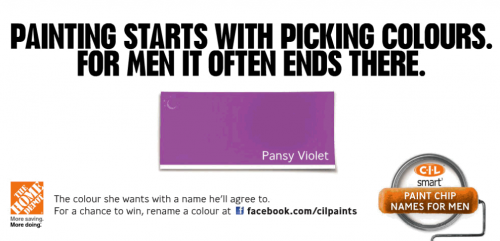The 2017 Super Bowl was an intense competition full of unexpected winners and high entertainment value. Alright, I didn’t actually watch the game, nor do I even know what teams were playing. I’m referring to the Super Bowl’s secondary contest, that of advertising. The Super Bowl is when many companies will roll out their most expensive and innovative advertisements. And this year there was a noticeable trend of socially aware advertising. Companies like Budweiser and 84 Lumber made statements on immigration. Airbnb and Coca-Cola celebrated American diversity. This socially conscious advertising is following the current political climate and riding the wave of increasing social movements. However, it also follows the industry’s movement towards social responsibility and activism.
One social activism Super Bowl commercial that created a significant buzz on social media this year was Audi:
The advertisement shows a young girl soapbox racing and a voiceover of her father wondering how to tell her about the difficulties she is bound to face just for being female. This commercial belongs to a form of socially responsible advertising often referred to as femvertising. Femvertising is a term used to describe mainstream commercial advertising that attempts to promote female empowerment or challenge gender stereotypes.
Despite the Internet’s response to this advertisement with a sexist pushback against feminism, this commercial is not exactly feminist. While at its core this advertisement is sending a fundamentally feminist argument of gender equality and fair wages, it feels disempowering to have a man explain sexism. It feels a little like “mansplaining” with moments reminiscent of the male “savior” trope. There is also a very timid relationship between the fight for gender equality and the product being sold. The advertisement is attempting to associate Audi with feminist ideals, but the reality is that with no female board members Audi is not exactly practicing what they preach. There are many reasons why ‘femverstising’ in general is problematic (not including contested relationship between feminism and capitalism). Here I will point out three problems with this new trend of socially ‘responsible’ femvertising.
1. The industry
The advertising industry is not known for its diversity nor is it known for its accurate representation women. So right away the industry doesn’t instill confidence in those hoping for more socially aware and diverse advertising. The way advertising works is to promote a brand identity by drawing on social symbols that make products like Channel perfume a signifier of French sophistication and Marlboro cigarettes an icon of American rugged masculinity. Therefore companies are selling an identity just as much as the product itself, while corporations that employ feminist advertising are instead appropriating feminist ideologies.
They are appropriating not social signifiers of an idealized lifestyle, but rather the whole historical baggage and gendered experiences women. This appropriation at its core is not for social progress and empowerment, but to sell a product. The whole industry functions by using these identities for material gain. As feminism becomes more popular with young women, it then becomes a profitable and desirable identity to implement. The whole concept is against feminist ideology because feminism is not for sale. Using feminist arguments to sell products may be better than perpetuating gender stereotypes but it is still using these ideologies like trying on a new style of dress that can be taken off at night rather than embodying the messages of feminism that they are borrowing. This brings us to the next point.
2. Sometimes it’s the Wrong Solution
Lets consider Dove, the toiletries company that has gained a fair amount of notoriety for their social advertising and small-scale outreach programs for women and girls. Their advertisements are famous for endorsing the body positive movement. But in general the connection between female empowerment and what they actually sell is weak. Which makes it feel insincere and a lot like pandering. Why doesn’t Dove just make products that are more aligned with feminist ideologies in the first place? If feminist consumers are what they want, then make feminist products. Don’t try to just apply feminist concepts as an afterthought in hopes of increasing consumer sales.
Dove is a beauty company that is benefiting from products that are aimed at promoting a very gendered ideal of beauty. The company itself is part of the problem so its femvertising makes me feel like Dove (and their parent company Unileaver) is trying to deny that they are playing a huge role in the creation of these stereotypes that they are claiming to be challenging. If you want to really empower women then don’t just do it in your branding start with the products you are making, examine your business model, and challenge the industry as whole. Feminist concepts should run through the entire core of your business before you try to sell it to your consumers. We don’t need feminist advertising, we need a system that is not actively continuing to increase a gender divide where women are meant to be beautiful and expected to purchase the beauty products that Dove sells. Using feminist inspired advertising doesn’t solve this underlying core problem it just masks it. Femvertising therefore is often the wrong solution, or really not even a solution at all.
3. Femvertising shouldn’t have to be a term
We really shouldn’t be in a situation where all advertising is so un-feminist and so degrading towards women that there is a term for advertising that simply depicts women as powerful. When the bar is set so low we shouldn’t praise companies for doing the minimum required to represent women both accurately and positively. We should be holding our advertising, media, and all other forms of visual representation to much higher standards. Femvertising shouldn’t be a thing because we shouldn’t have to give a term to what responsible advertising agencies should be aiming for when they represent women.
So as to not leave you on a depressing and negative note, here are three advertisements that should be acknowledged for actively challenge the norms:
_____________
Nichole Fernández is a PhD candidate in sociology at the University of Edinburgh specializing in visual sociology. Her PhD research explores the representation of the nation in tourism advertisements and can be found at www.visualizingcroatia.com. Follow Nichole on twitter here.




